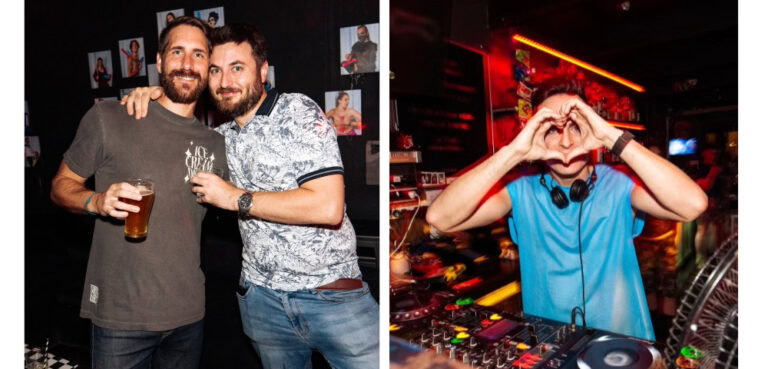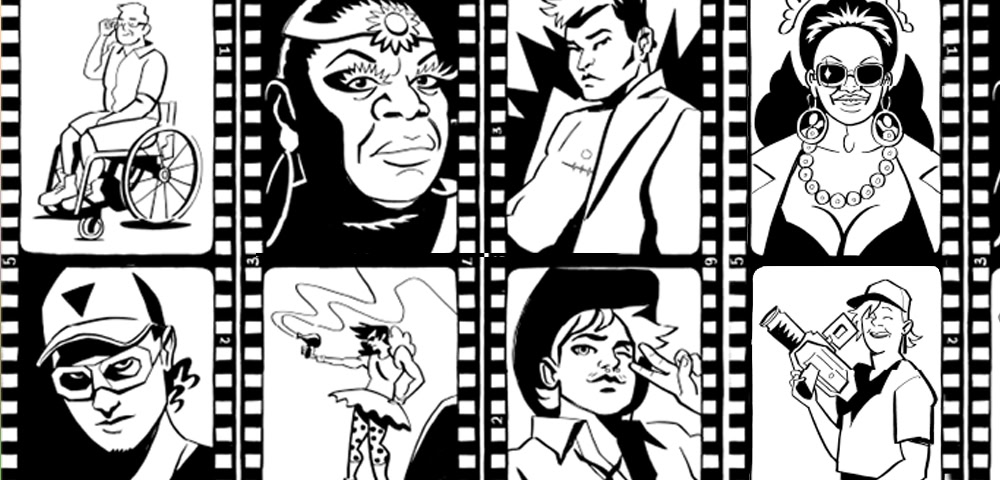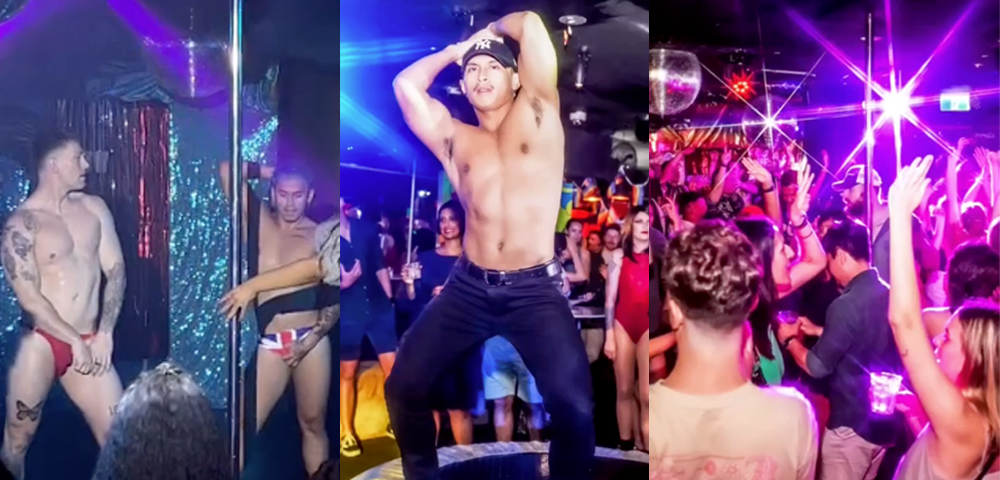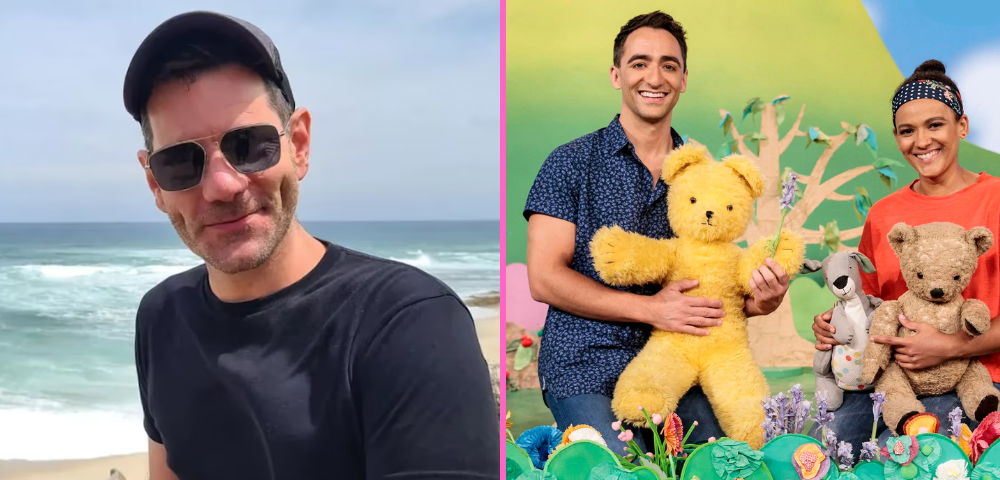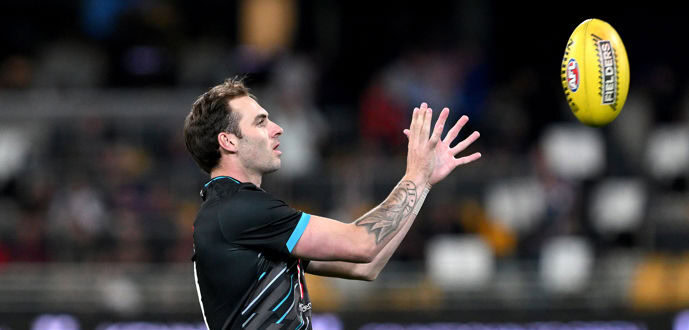
A first for LGBTI recognition at National Indigenous Human Rights Awards

THE prestigious National Indigenous Human Rights Awards has recognised an LGBTI person and advocacy for the first time, with the founder of national Indigenous LGBTI advocacy and support group Black Rainbow being listed as a finalist.
A Mangarayi man from the Northern Territory, Dameyon Bonson has emerged as a leading voice in advocacy for the Indigenous LGBTI community, which faces unique challenges that often go unreported or are drowned out by broader LGBTI issues.
Now in its second year, the National Indigenous Human Rights Awards recognise the work done in the area of human rights in Australia’s diverse Indigenous community.
Bonson, who resides in Broome, WA, said he was honoured to have his work acknowledged.
“[I’m] thrilled that the reach of Aboriginal and Torres Strait Islander LGBQTI people and our needs are getting greater exposure,” Bonson told the Star Observer.
“In the past my Aboriginality, being an Aboriginal male, my sexuality and my sense of social justice have been seen as a liability, especially in the workplace.
“So to be a finalist for those very things, the essence of whom I am is very, very validating and satisfying.”
Bonson was in esteemed company as a finalist for the Anthony Mundine Courage Award, alongside WA’s Bella Bropho, who advocates for the homeless, Redfern local and youth worker Keenan Mundine, and Adam Goodes.
Goodes — a retired Sydney Swans AFL player, two-time Brownlow Medal winner and 2014 Australian of the Year — was announced as the recipient of the Courage Award at an award ceremony held at NSW Parliament House on Wednesday night.
“Adam has done remarkable things that I am sure we all don’t know about. For me the hoo-har over the ‘imaginary spear’ made invisible his engagement with young Aboriginal males,” Bonson said.
“But for the Aboriginal community, we see that. We saw that. That’s what we appreciated.”
Bonson also did not overlook the fact him being a finalist marked the first time the awards recognised the work done by an Indigenous gay man and an LGBTI Indigenous organisation.
“It’s testament to the award that in only their second year someone like myself, being recognised for the work that is being done,” Bonson said.
“I struggle to think of any non-Indigenous award that have been that inclusive and recognised the work of an LGBTI person as quickly. Least of all an Indigenous LGBTI person collecting a ‘mainstream’ award.
“For me, this means that were are not token within our communities. The mainstream community can treat many Indigenous LGBTI people in a ‘fabulous savage’ kind of way. Merely as props to role out to show how wonderful and fabulously inclusive they are.
“Which is great on one end because these are great vehicle to highlight our presence. But when it comes down to real engagement with the Indigenous LGBTI community it severely lacking in commitment and realness. We become a means to an end.”
Following the controversy surrounding the “Bark Petition” against marriage equality delivered to parliament last month by Indigenous community members, Bonson emerged as one of the loudest voices that criticised it.
In light of that, he said he was humbled to be a National Indigenous Human Rights Awards finalist in his category.
“Earlier this year when I wrote about the Bark Petitions against marriage equality, I thought, ‘this can go two ways’.” he said.
“So when Wayne Bergmann from KRED Enterprises here in Broome was interviewed in the Australian and came out in support of marriage equality, it was big relief.
“For the work that I do, and indeed the very real challenges the Indigenous LGBTI community face, this puts an extra swing in my step. I am aiming to take these issues to the United Nations’ permanent forum for Indigenous peoples and I am now more confident than ever.”
Bonson added that the recognition would also mean a lot for the work of everyone involved in Black Rainbow.
“The issues and challenges facing the Indigenous LGBTI community are the winner here. Black Rainbow is an act of self-determination to provide space and opportunity for Indigenous LGBTI people to identify the issues and coming up with the solutions for our own health in a culturally capable way,” he said.
“Now we can not do that in isolation, we simply don’t have the resources nor the capital to do so. I wrote for the Star Observer over a year ago on reconciliation in suicide prevention.
“We still have a long way to go. True and proper Indigenous LGBTI representation is lacking within the health and mental health sector.
“Mind you, the Indigenous community is not immune to heterosexism, but within our own community those challenges are much easily overcome.”
RELATED: RECONCILIATION AND DECOLONISATION IN SUICIDE PREVENTION (Opinion)
RELATED: AN AUSTRALIAN STORY


